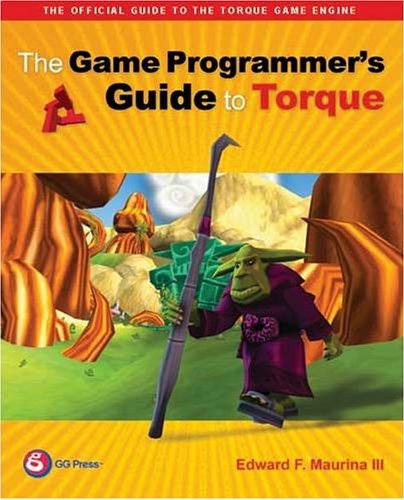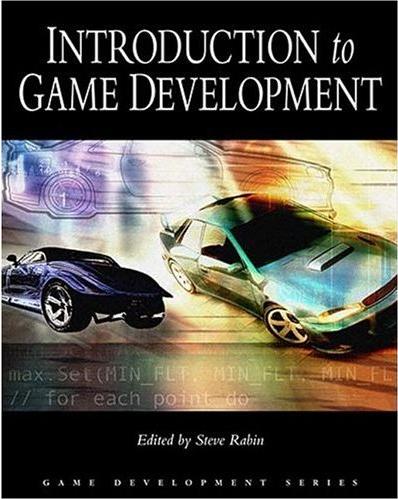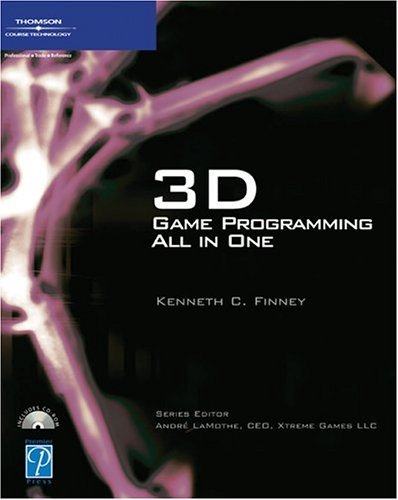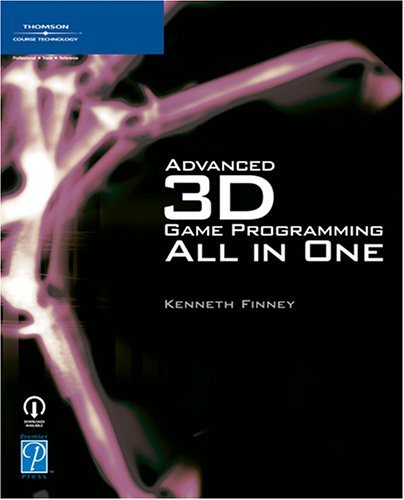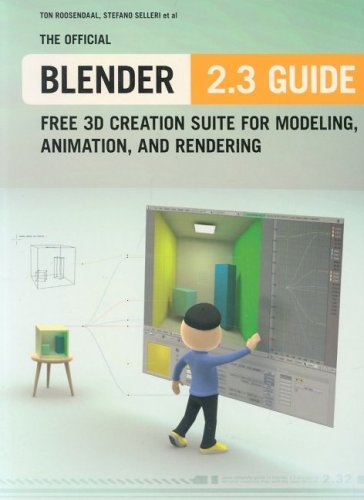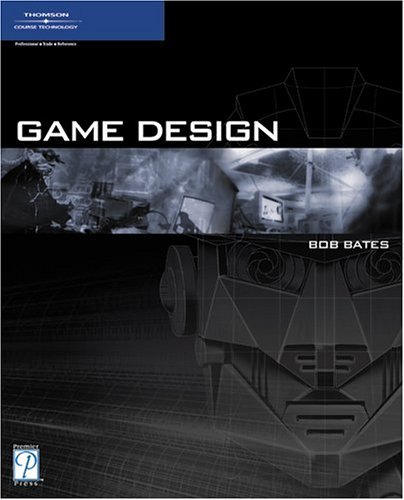Academic dishonesty
Academic dishonesty includes, but is not limited to, activities such as
cheating and plagiarism (http://aa.columbusstate.edu/advising/a.htm#Academic
Dishonesty/Academic Misconduct). It is a basis for disciplinary
action. Any work turned in for individual credit must be entirely the
work of the student submitting the work. All work must be your own.
[For group projects, the work must be done
only by members of the group.] You may share ideas but
submitting identical assignments (for example) will be considered
cheating. You may discuss the material in the course and help one
another with debugging; however, any work you hand in for a grade must
be your own. A simple way to avoid
inadvertent plagiarism is to talk about the assignments, but don't read
each other's work or write solutions together unless otherwise directed
by your instructor. For your own protection, keep scratch paper and old
versions of assignments to establish ownership, until after the
assignment has been graded and returned to you. If you have any
questions about this, please see your instructor immediately. For
assignments, access to notes, the course textbooks, books and other
publications is allowed. All work that is not your own, MUST be
properly cited. This includes any material found on the Internet.
Stealing or giving or receiving any code, diagrams, drawings, text or
designs from another person (CSU or non-CSU, including the Internet) is
not allowed. Having access to another person’s work on the computer
system or giving access to your work to another person is not allowed.
It is your responsibility to prevent others from having unauthorized
access to your work.
No cheating in any form will be tolerated. Penalties for
academic dishonesty may include a zero grade on the assignment or
exam/quiz, a failing grade for the course, suspension from the Computer
Science program, and dismissal from the program. All instances of
cheating will be documented in writing with a copy placed in the
Department’s files. Students will be expected to discuss the academic
misconduct with the faculty member and the chairperson. For more
details see the Faculty Handbook: http://aa.columbusstate.edu/faculty/FacHandbook0203/sec100.htm#109.14
and the Student Handbook: http://sa.columbusstate.edu/handbook/handbook2003.pdf
You are expected to review the TSYS Department of Computer
Science’s Academic Dishonesty Policy - (http://csc.columbusstate.edu/policy/Academic-Dishonesty-Policy.html)
|
